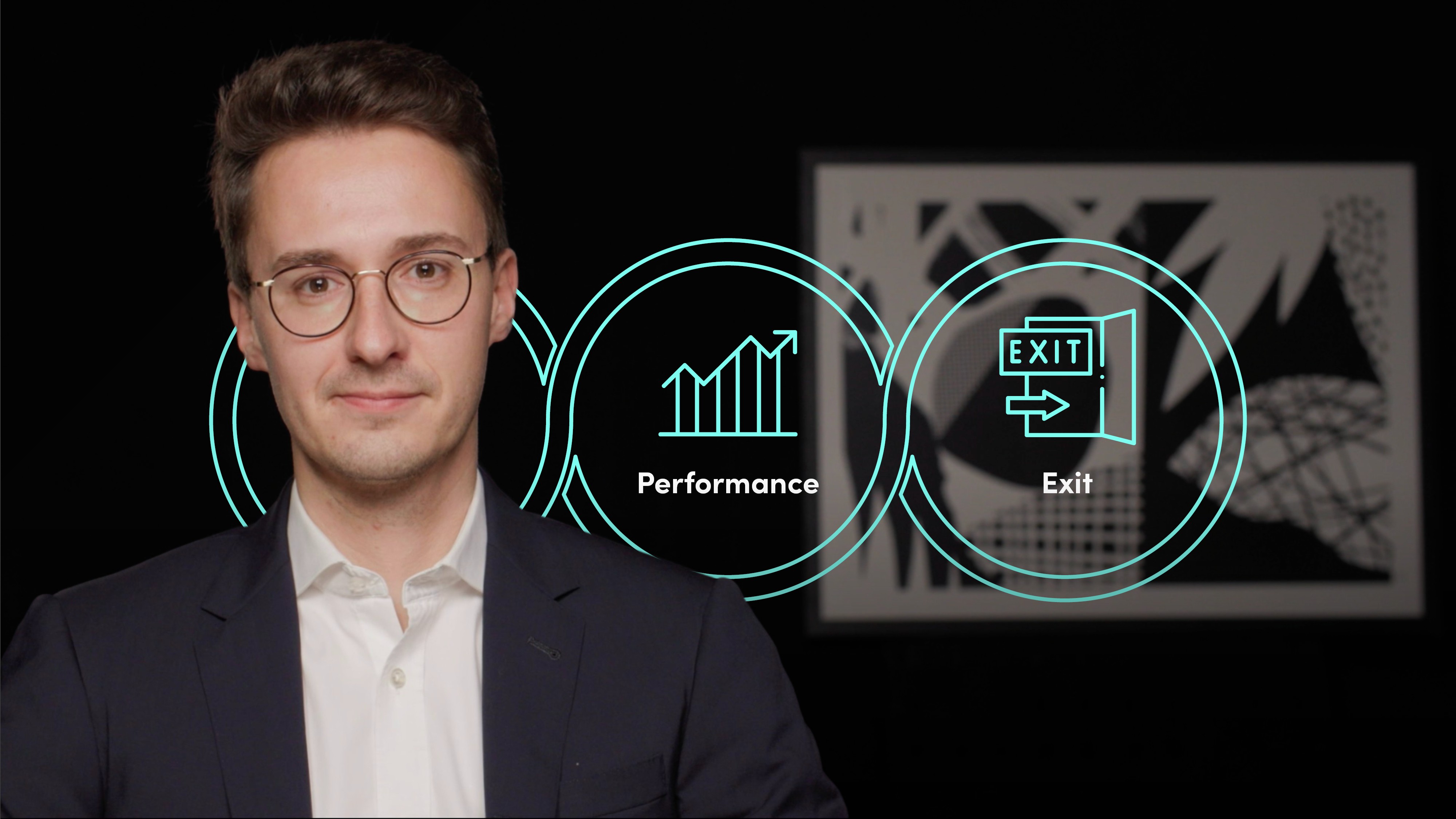
Future Direction of Venture Capital ESG

Johannes Lenhard
ESG & VC Specialist
If not enough people are willing to integrate ESG across the VC value chain, we will never get the data we need. Join Johannes Lenhard as he explores the future direction of venture capital ESG, the hurdles and some further case studies.
If not enough people are willing to integrate ESG across the VC value chain, we will never get the data we need. Join Johannes Lenhard as he explores the future direction of venture capital ESG, the hurdles and some further case studies.

Future Direction of Venture Capital ESG
9 mins 10 secs
Key learning objectives:
Understand the future of venture capital ESG
Outline the hurdles to achieving venture capital ESG
Understand how we can overcome these hurdes
Overview:
Why ESG matters financially for VCs can be broadly captured in three points: fundraising, performance and exit. There is no quantitative dataset for the VC ecosystem yet as people are only starting to measure ESG as we speak. Many people want to see conclusive and specific quantitative data (for the asset class of private equity or venture capital) on the business case before they act. But If not enough people are willing to integrate ESG across the VC value chain, we will never get the data we need. There are still major hurdles to be overcome, including when it comes to deciding which data to focus on – from problems with standardisation to how to integrate intangible and non-financial metrics
What is the future of venture capital ESG?
Many people want to see conclusive and specific quantitative data (for the asset class of private equity or venture capital) on the business case before they act. We don’t have that yet – and if not enough people are willing to integrate ESG across the VC value chain, we will never get there.
What are the hurdles to achieving venture capital ESG?
There are still major hurdles to be overcome, including when it comes to deciding which data to focus on – from problems with standardisation to how to integrate intangible and non-financial metrics. Even more worryingly, it is unclear whether data will convince the inconvincible. As Alison Taylor of Ethical Systems and NYU, a long term ESG researcher and professional argues, neither the business case nor any other data will be enough to make some people change their behaviour. We need to win hearts and minds and much of that will not happen with short-term focused financial metrics, even if they are turning out to be pointing in our direction. In simple terms, we tend to seek out information which confirms our beliefs and biases – researchers call this motivated reasoning.
How can we overcome these hurdles?
1. It matters greatly who does the convincing and arguing.
It needs to be people on the level of the to-be-convinced or ideally even higher up. What that means for VCs is simple: LPs need to continue asking questions and talking to their fund managers. And so do other, possibly more powerful VCs and the ecosystem will assimilate more likely based on FOMO and peer pressure.
2. Having the right argument
Or as Taylor of Ethical Systems describes: instead of fact-driven statements, let people experience what they need to change. Blackrock’s Larry Fink decided on a fishing trip to Alaska that climate change was real and he needed to embrace stakeholder capitalism. VCs are fortunately already prone to going out into the world – now they need to leave their tech-hubs and Silicon Valleys a little more and experience the problems they have partly been causing themselves.

Johannes Lenhard
There are no available Videos from "Johannes Lenhard"

